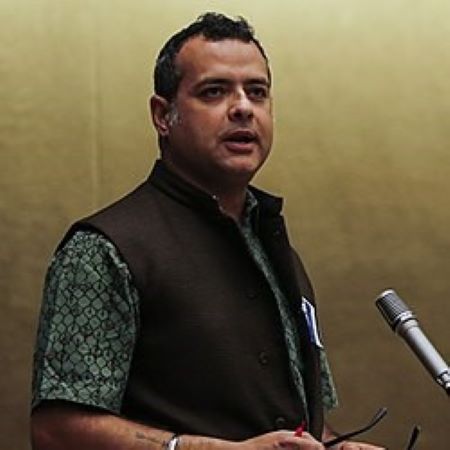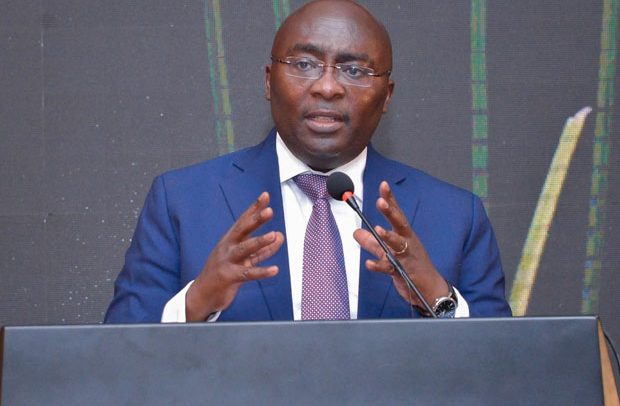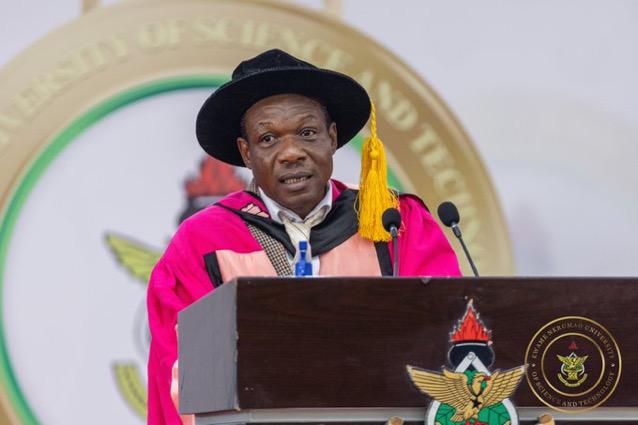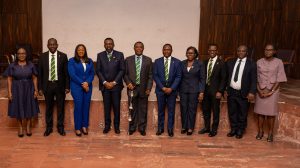
African Heads of States and business leaders have been urged to adopt new approaches and partnerships that will foster the continent's economic transformation agenda.
Vice President, Dr Mahamudu Bawumia, who made the call at the 2nd African Transformation Forum in Accra on Thursday, also called on Africa's economic experts and think tanks to work towards developing new economic policy choices and alternatives that would inform African governments in their drive to achieving the continent's economic transformation agenda.
Dr Bawumia expressed disappointment that the economies of African countries had fundamentally remained unchanged because they had failed to structurally transform over the years.
He cited Rwanda, Ethiopia and Senegal as few African countries that had been able to sustain sector-specific transformations, but added that, even then, in those countries, such economic transformations were often localized and restricted to a few products and services.
Dr Bawumia, therefore, called for new approaches and partnerships on matters of agriculture, youth unemployment, leveraging resources for growth, frontier issues in technological adaptation and diffusion of knowledge that would shape lives of the people and the continent as a whole.
In addition, he said, there was the need for a total change in the attitudes and mind-set of Africans to fast track the process of the continent's transformational agenda aimed at driving Africa's economic transformation in a generation.
According to the Vice President, the ultimate and most important transformation was for Africans to transform their mind-sets, "We have to believe that we can do what other countries and continents have done. It is not rocket science. It is not impossible. We must have a mind-set of making things possible, not one of thinking major achievements are impossible," he emphasized.
He noted that the Continental Free Trade Agreement (CFTA) that was recently signed by 44 African Heads of States was, therefore, an important part of the process that would ensure that Africa's Economic Transformation Agenda was achieved.
He recalled Ghana's first President, Dr Kwame Nkrumah's efforts for Pan-Africanism and commended Africa's transformational works in regional integration from the Economic Community of West African States (ECOWAS) to the Southern African Development Co-operation (SADC), adding that the era where African leaders operated individually to transform their economies was over.
Dr Bawumia described the African Transformation Forum as one that would serve as a driving force to deliver practical and progressive policies that could drive the continent's economies over the next decade.
The core objective of the forum was to bring together leading experts and practitioners from the public and private sectors to discuss policies and partnerships that would drive sustainable growth and investment across the African continent.
The forum had four plenary sections on Transformation Perspectives, Agriculture Powering Africa's Economic Transformation, Ministerial Reports from PACT Working Sessions and Transforming Africa: A Conversation between Heads of State and Private Sector CEOs.
The Transformation Perspectives plenary section was moderated by BBC journalist Sophie Ikenye; Ghana's Minister of Finance Ken Ofori-Atta; Rwanda Minister of Infrastructure, Claver Gatete; and the Executive Secretary of the UN Economic Commission for Africa, Vera Songwe.
They engaged on the different perspectives of transformation at the national, regional and continental levels, including the critical role of global partnerships and the private sector.
Present at the forum were some close and important partners in the transformation journey, namely the African Union, Economic Commission for Africa, African Development Bank, African think tanks, policy institutions, and capacity building organizations.
Meanwhile, in the 2017 edition of the African Transformation Report by the ACET, agriculture revolution had been set out as a bold new agenda that would trigger the economic transformation of African development.
Read Full Story





















Facebook
Twitter
Pinterest
Instagram
Google+
YouTube
LinkedIn
RSS